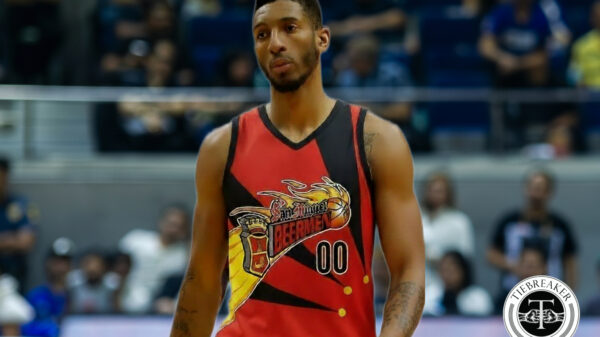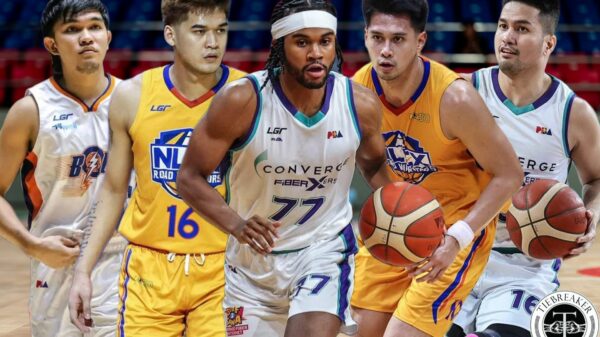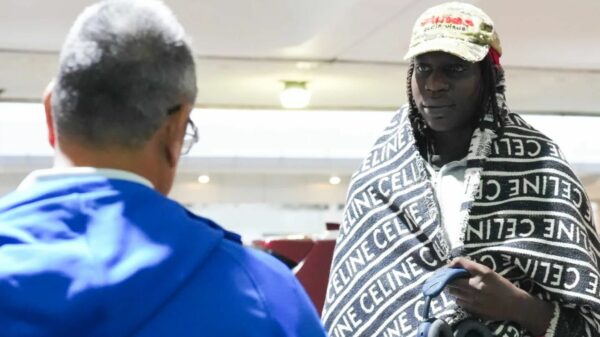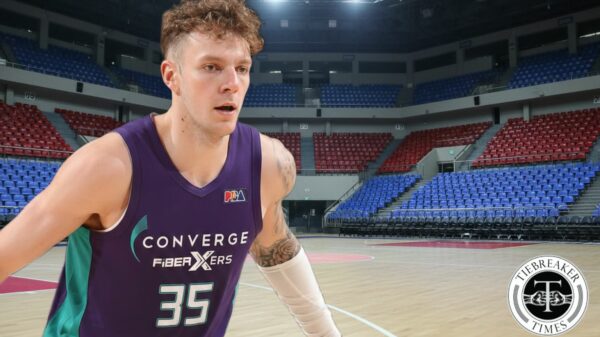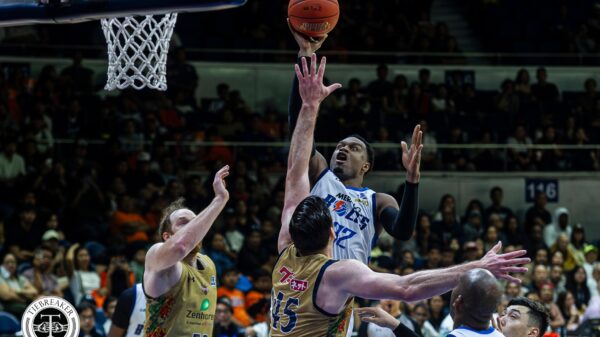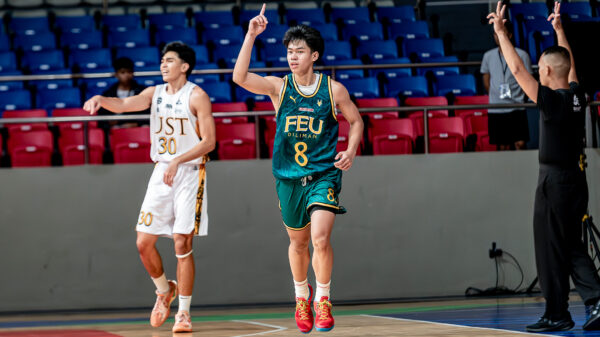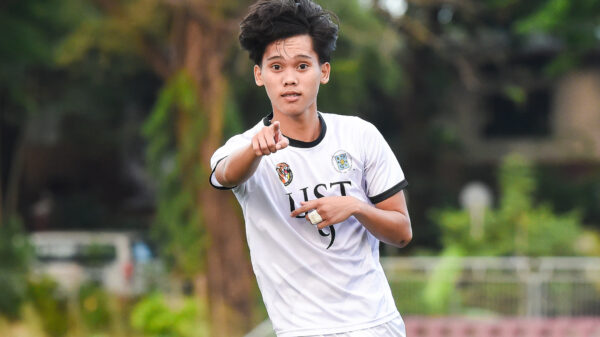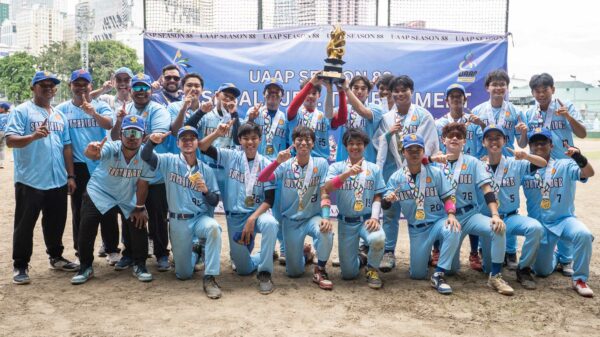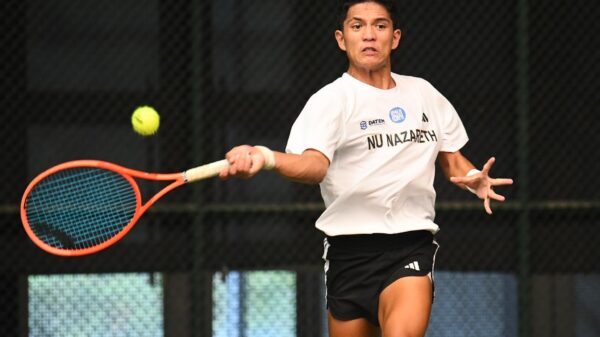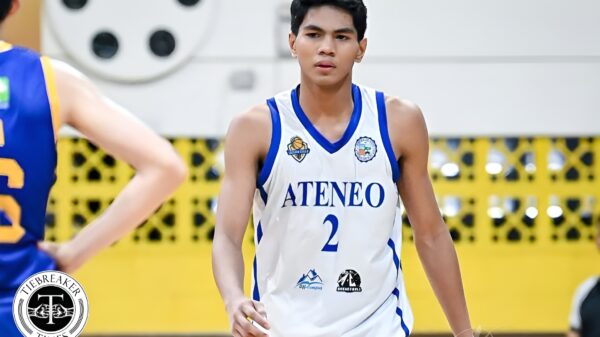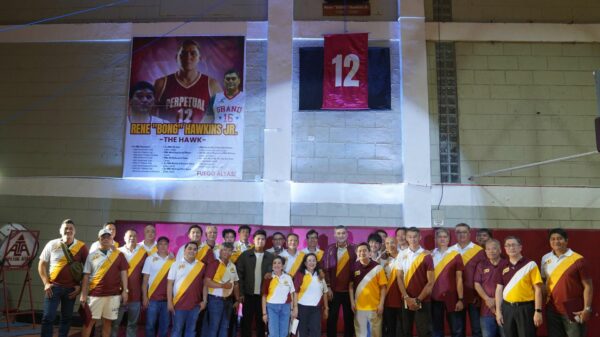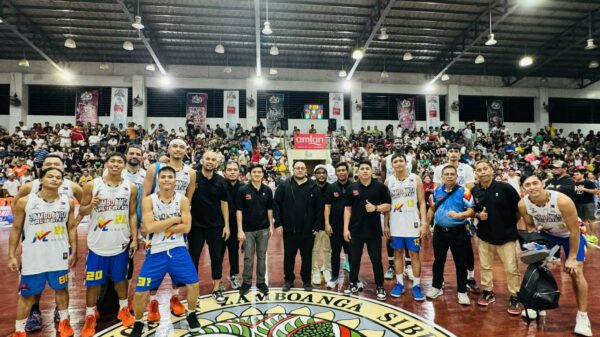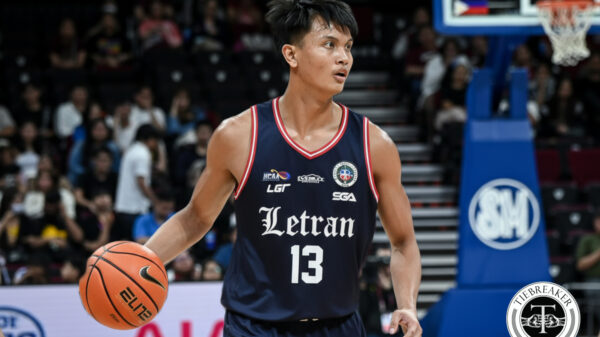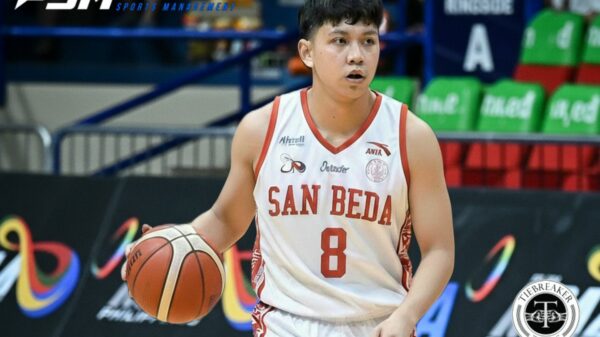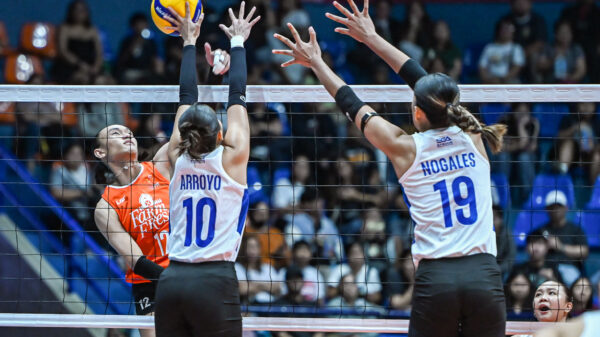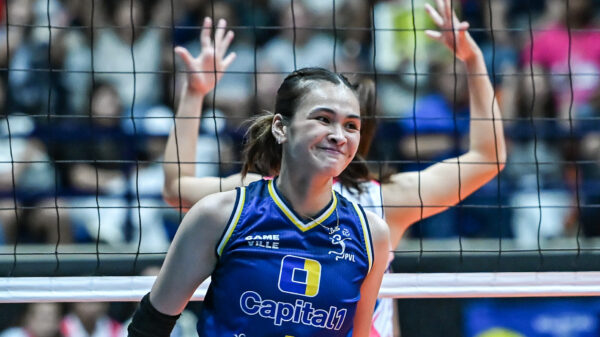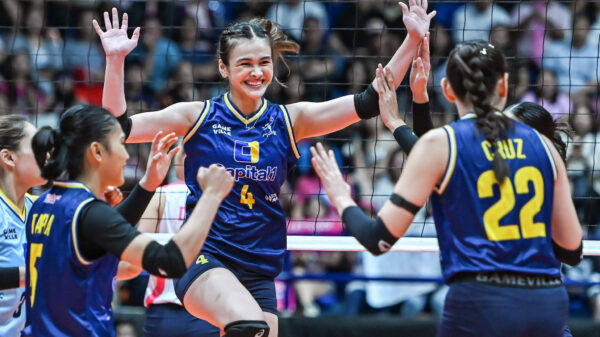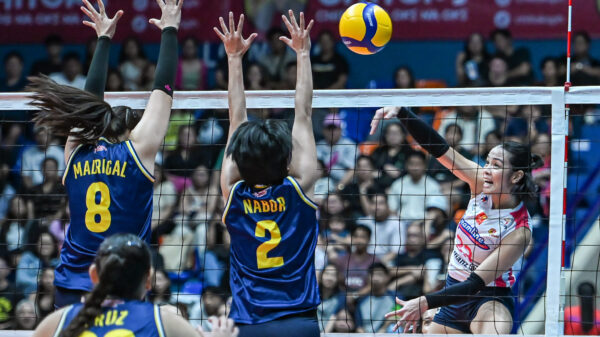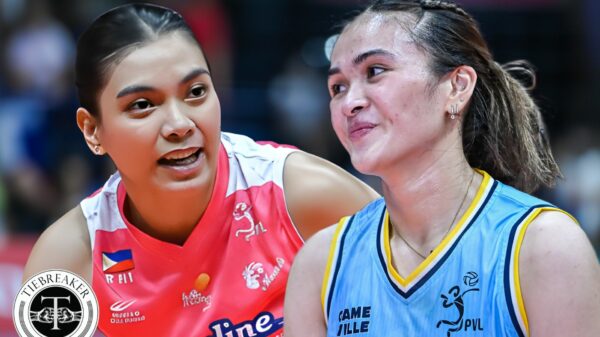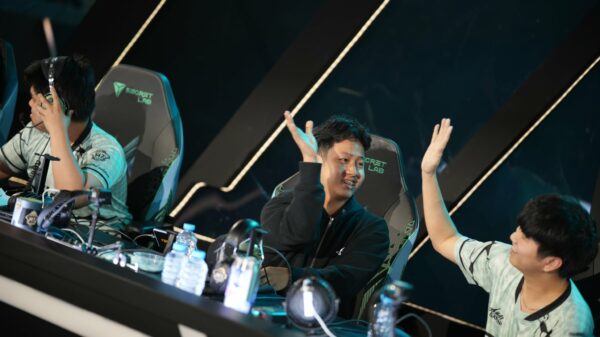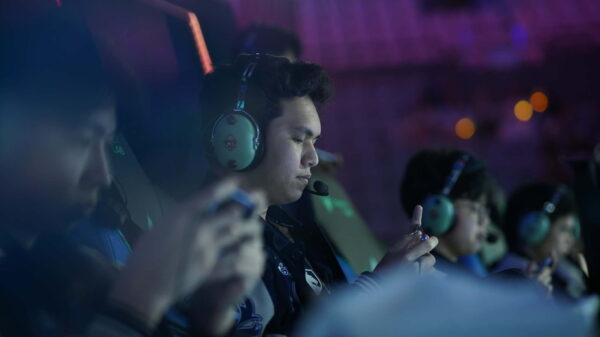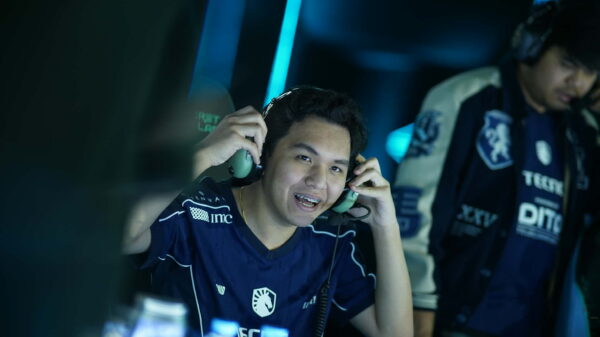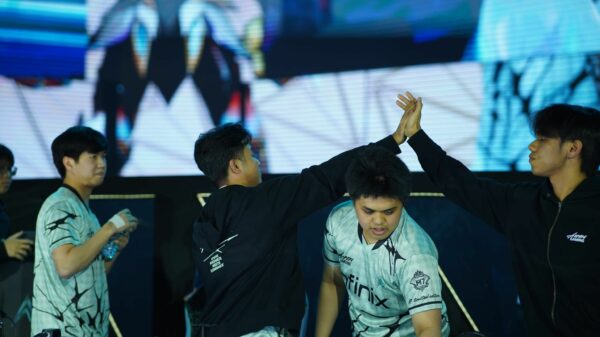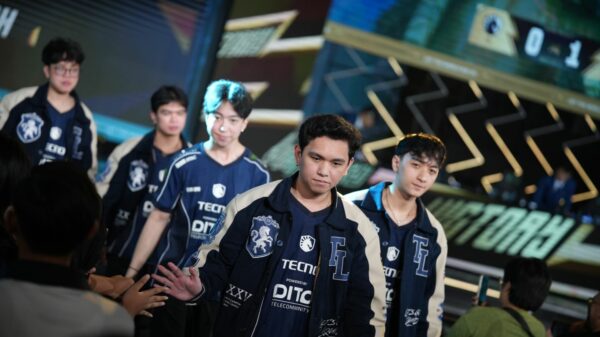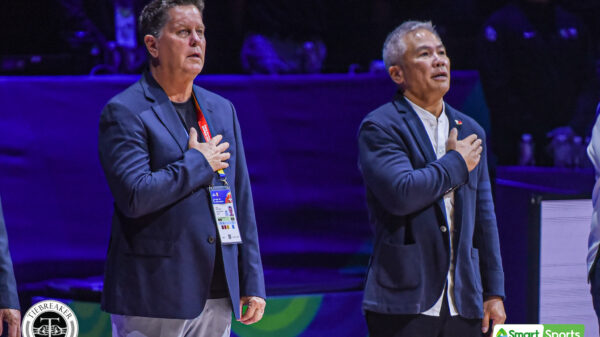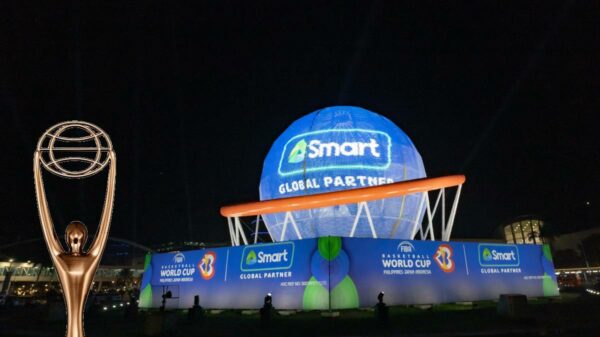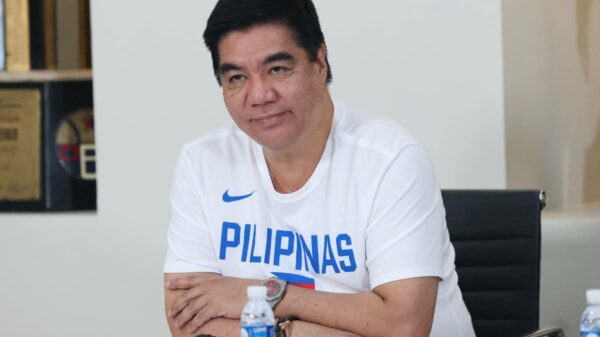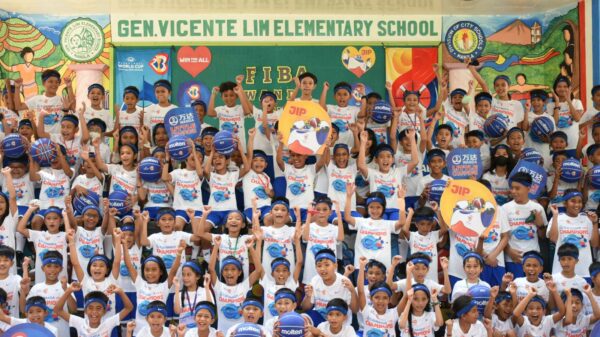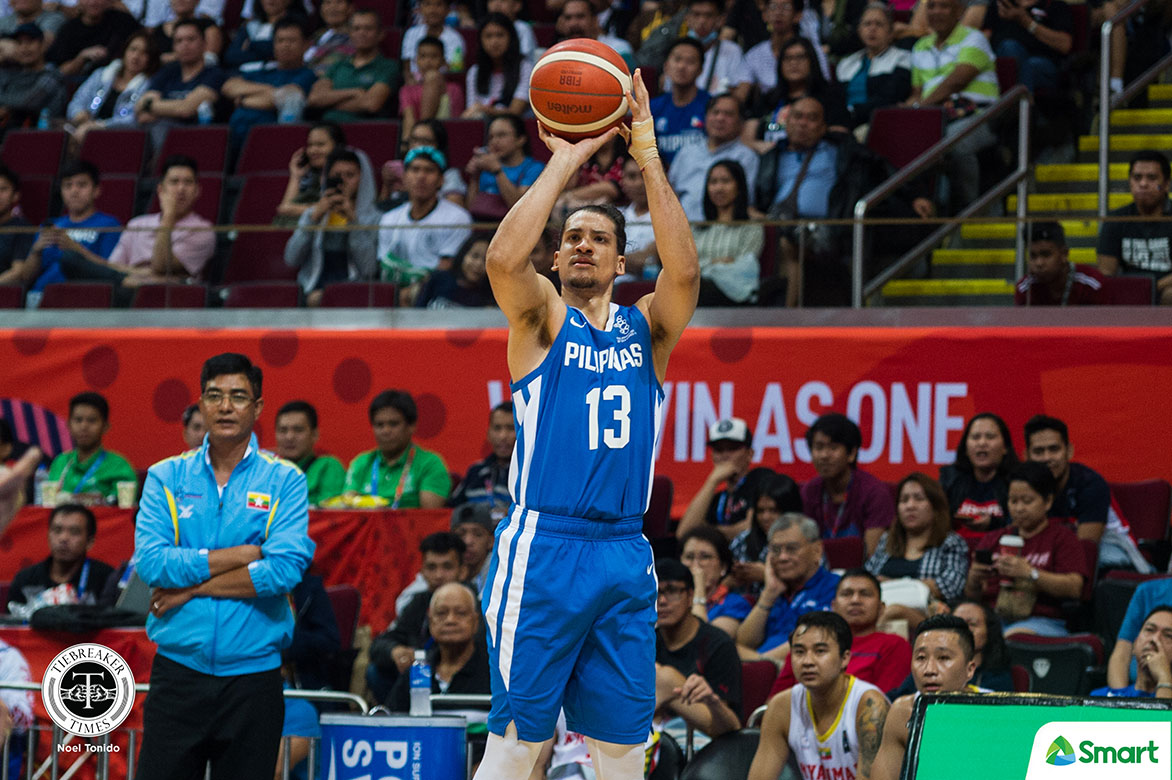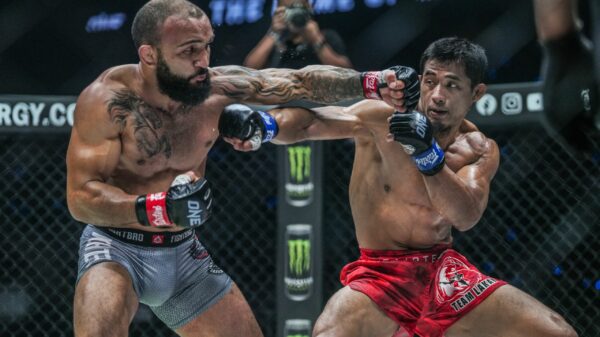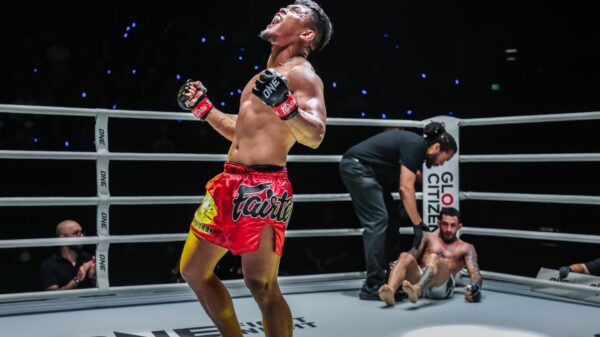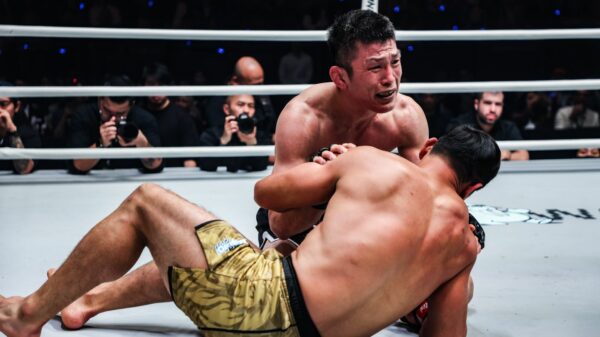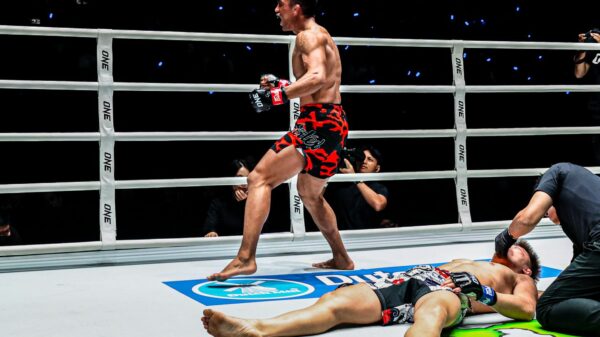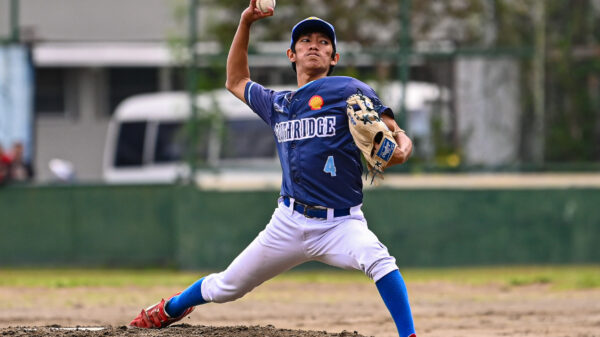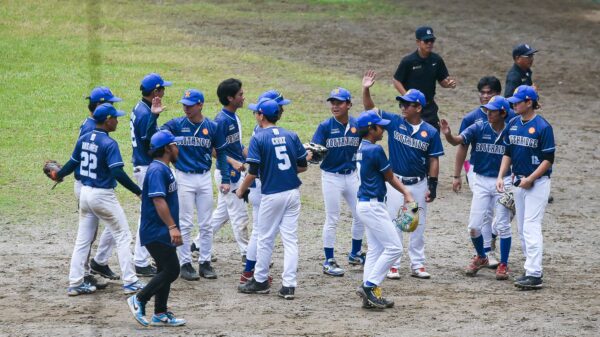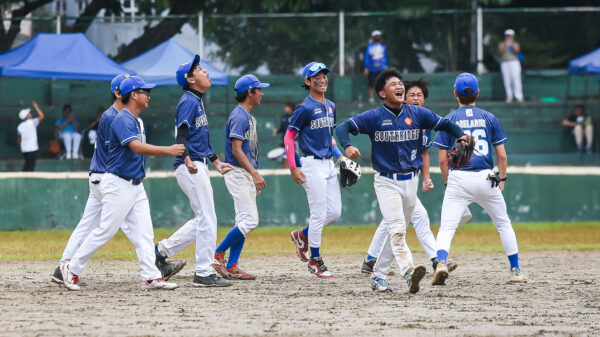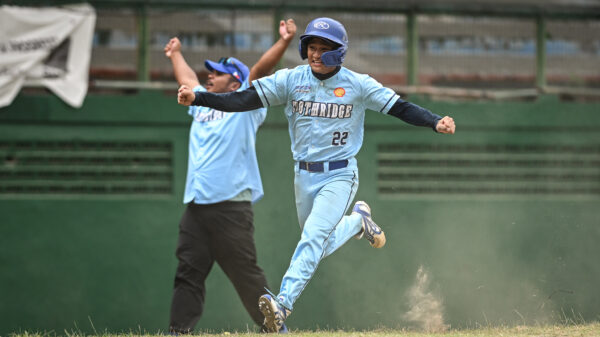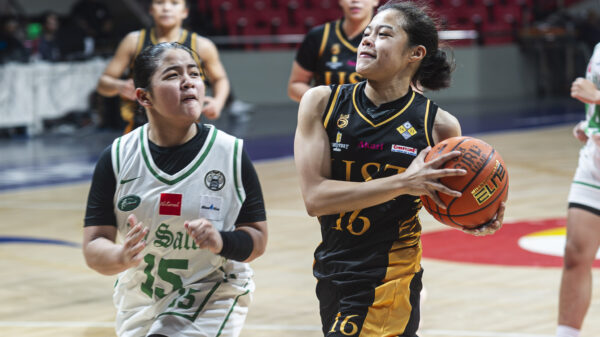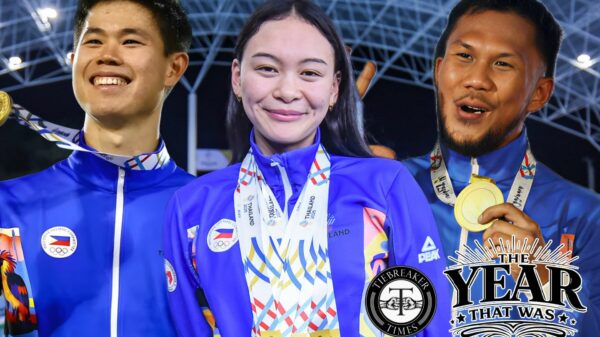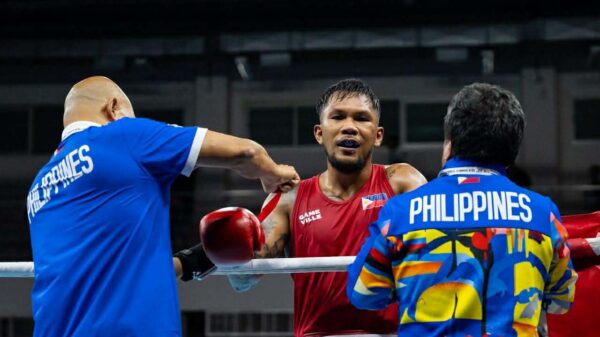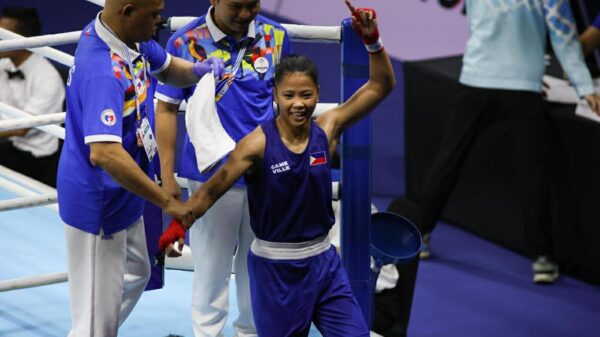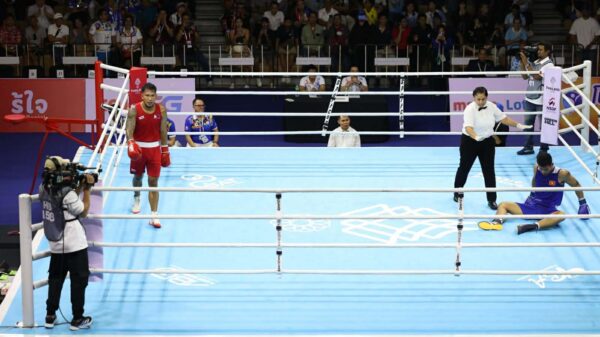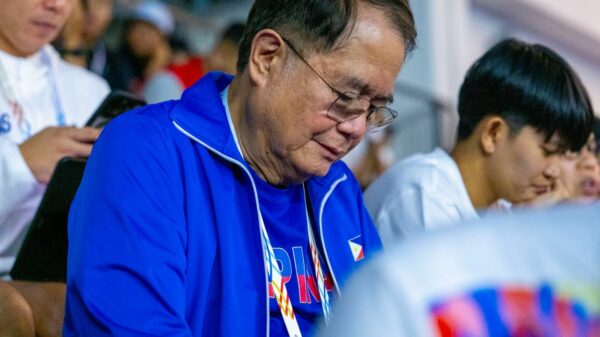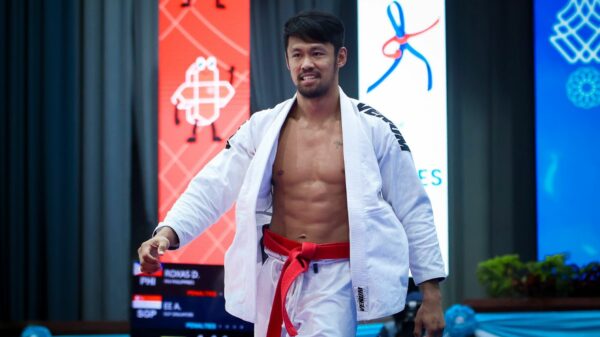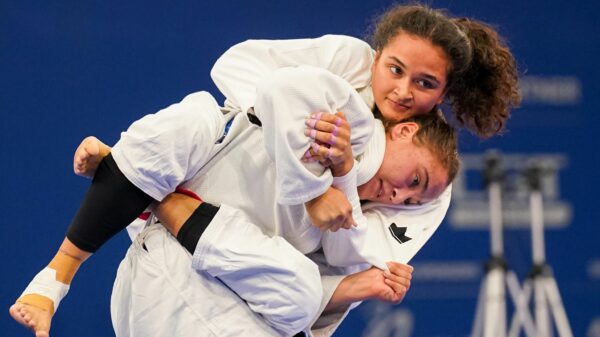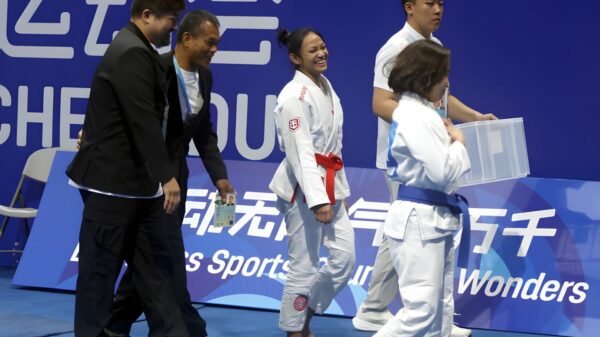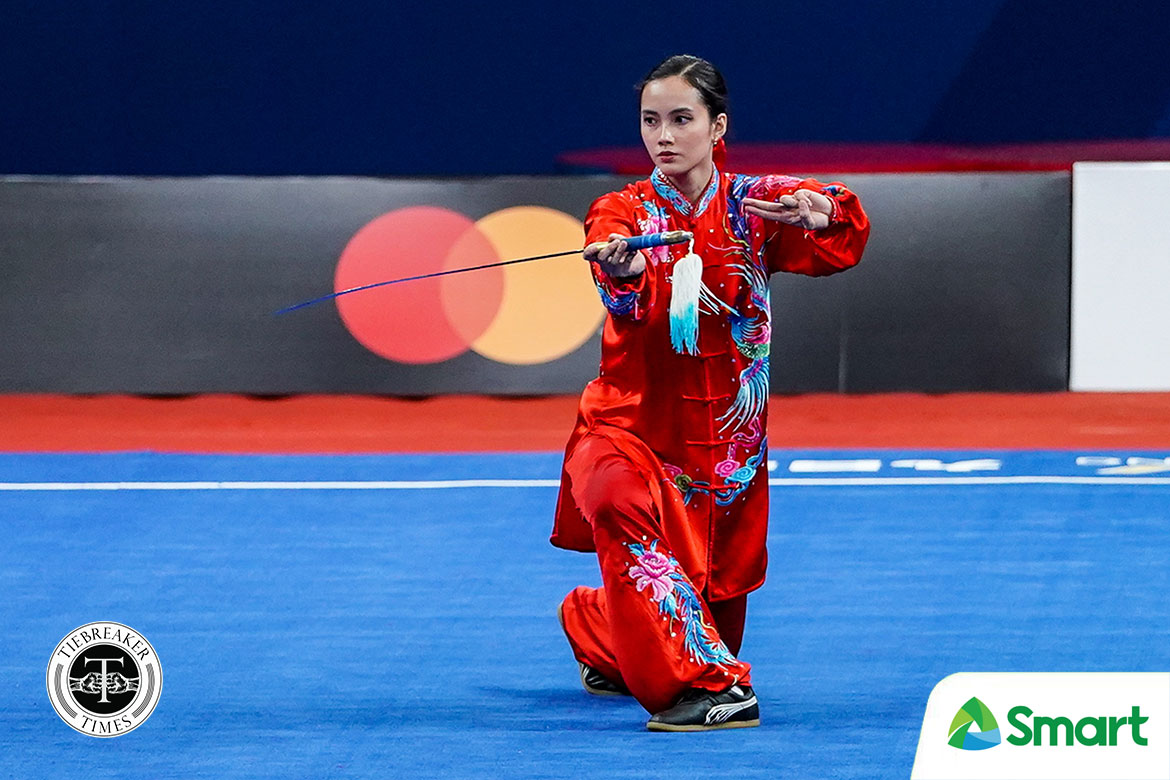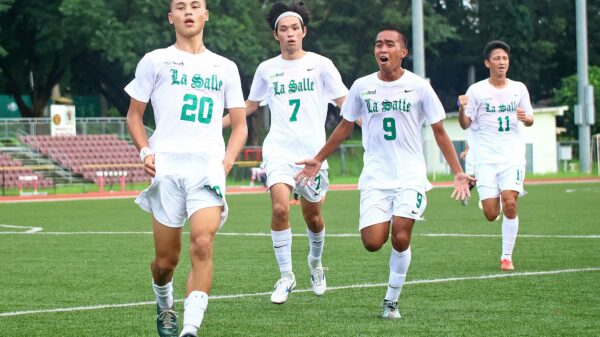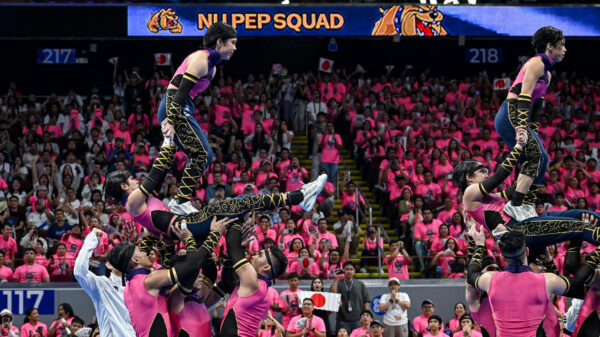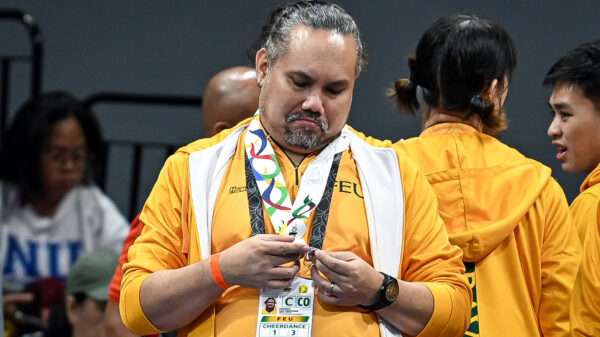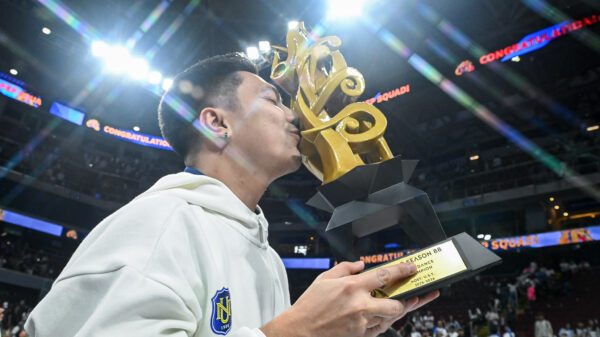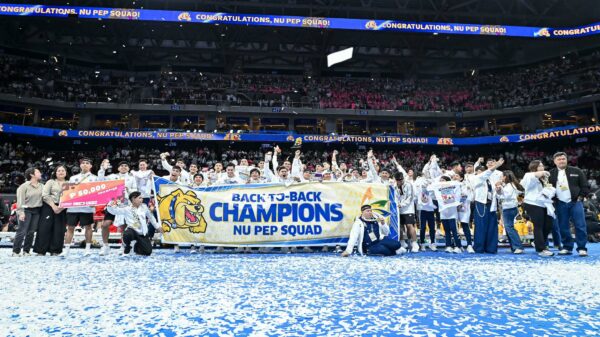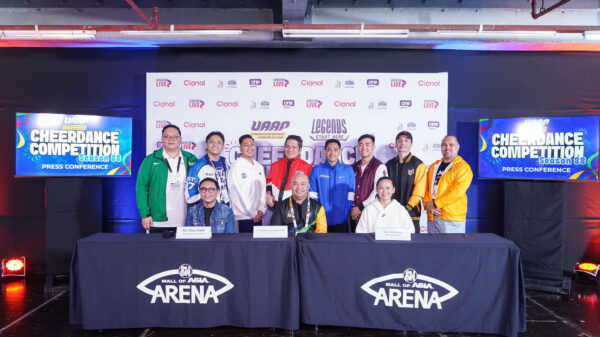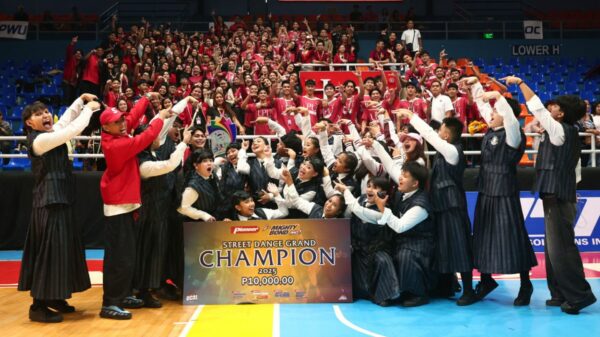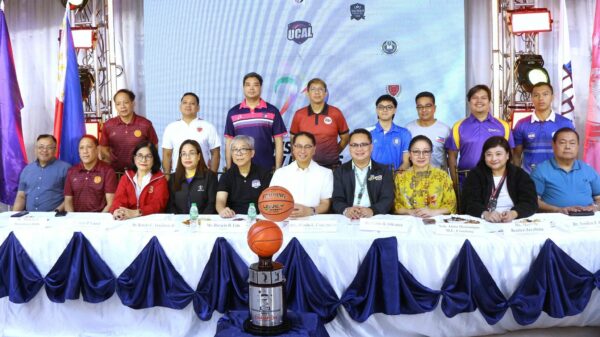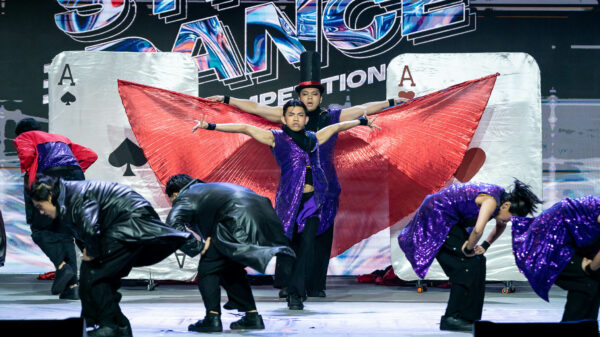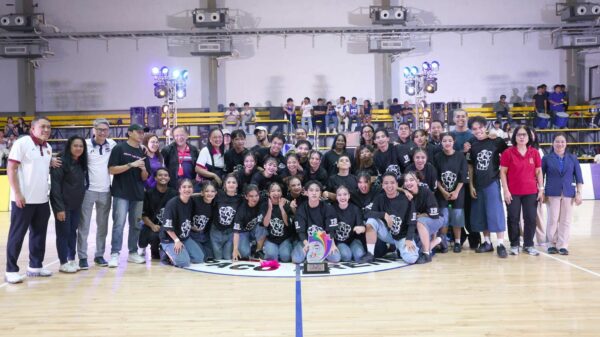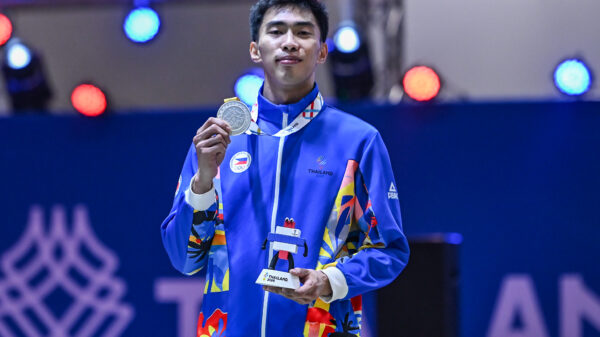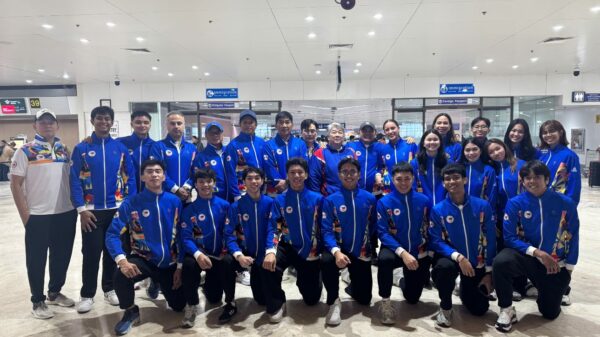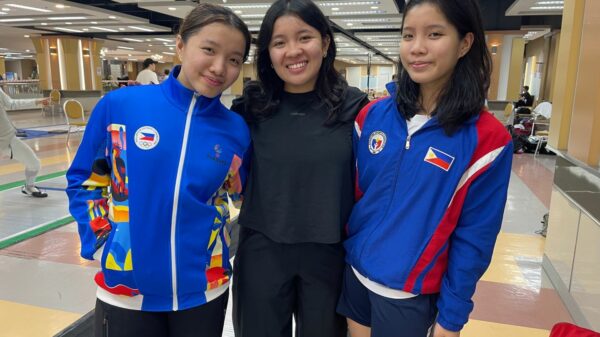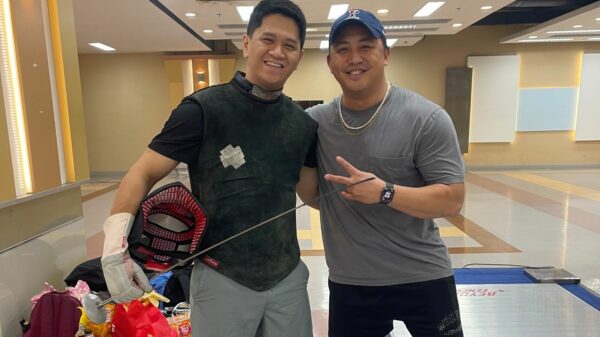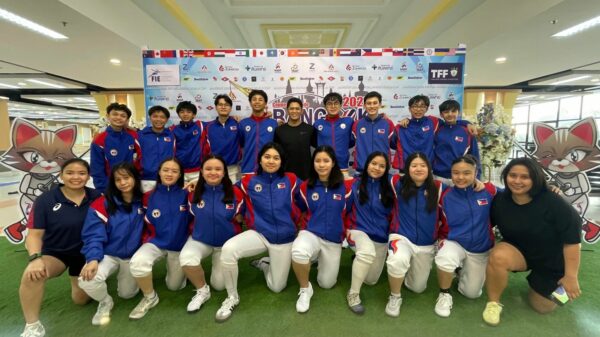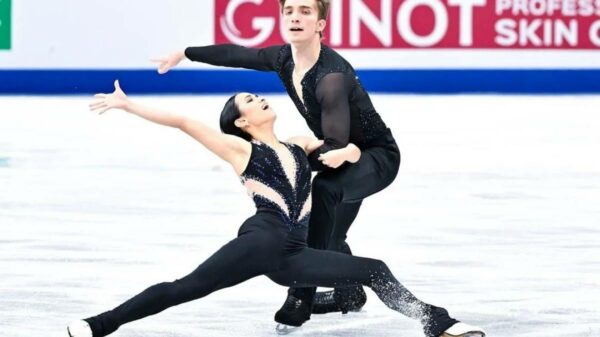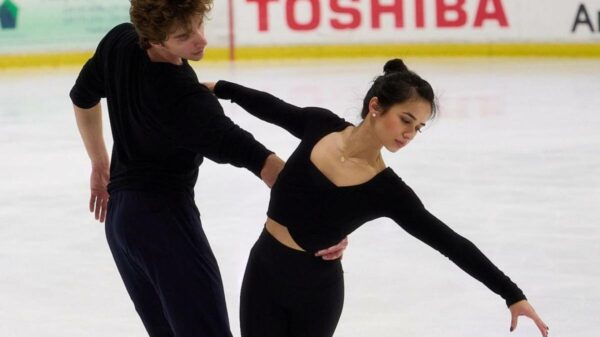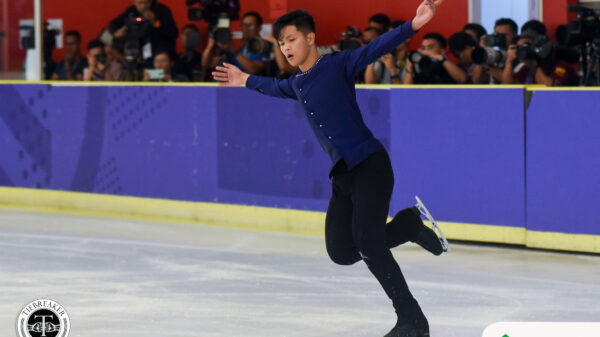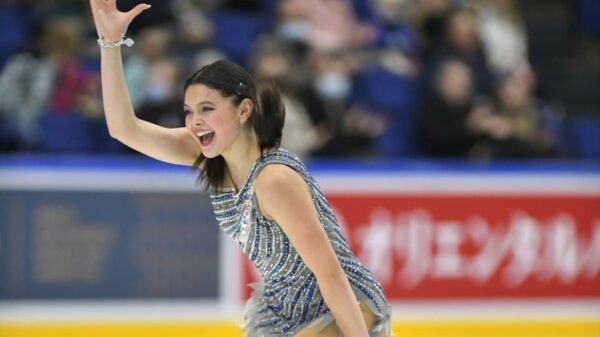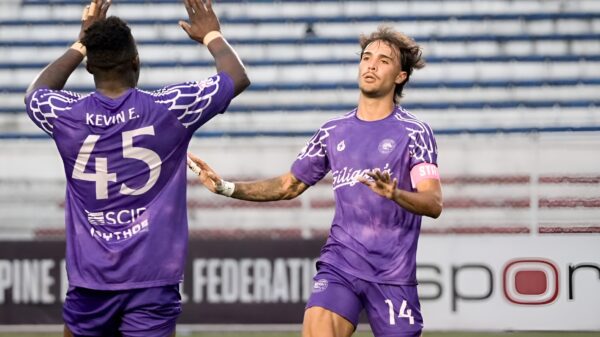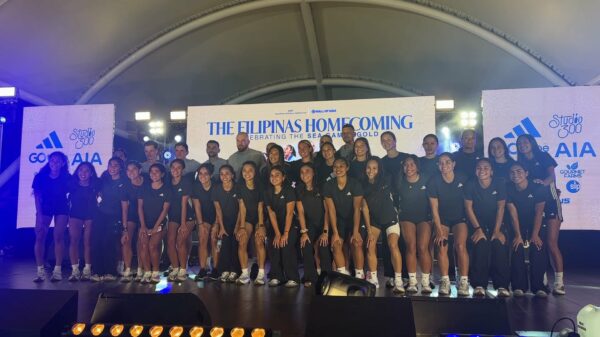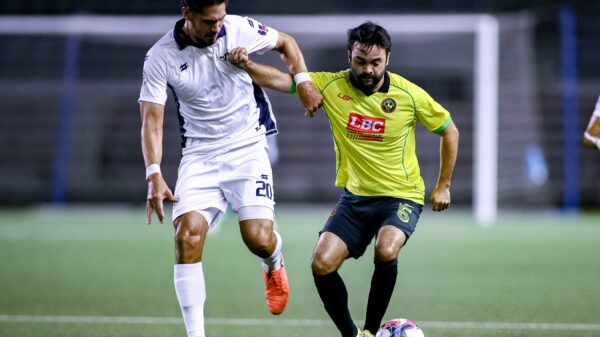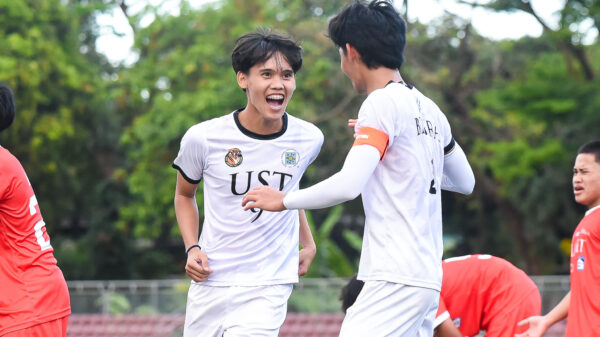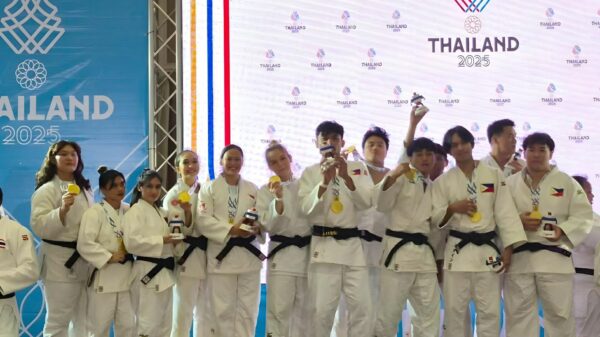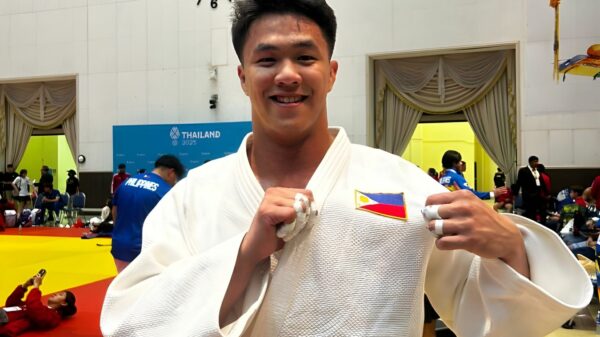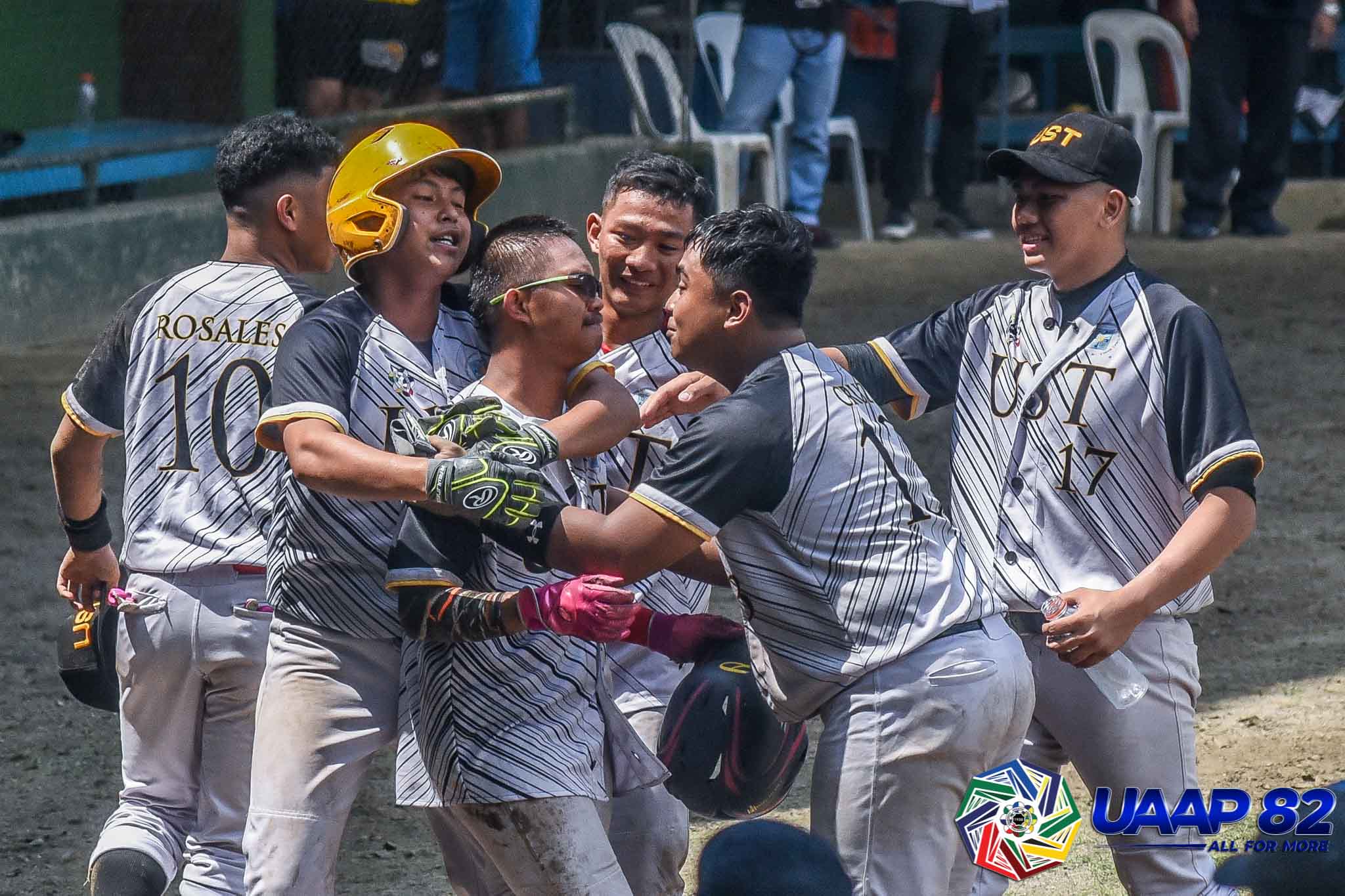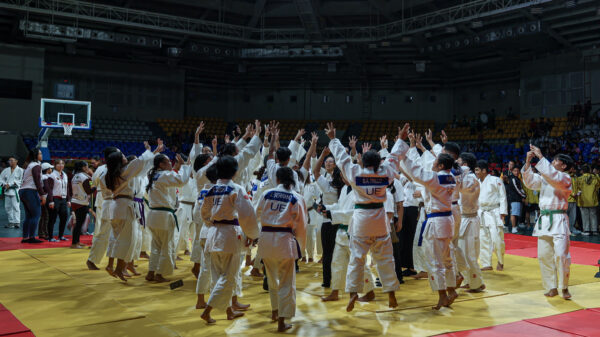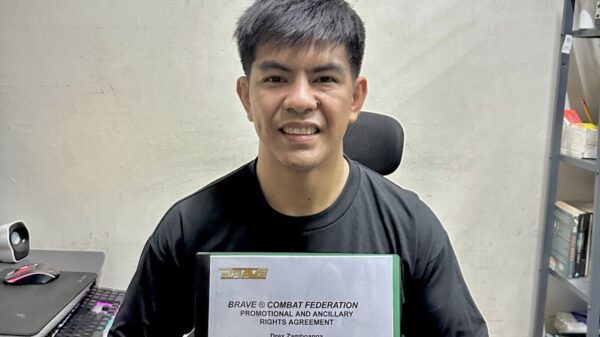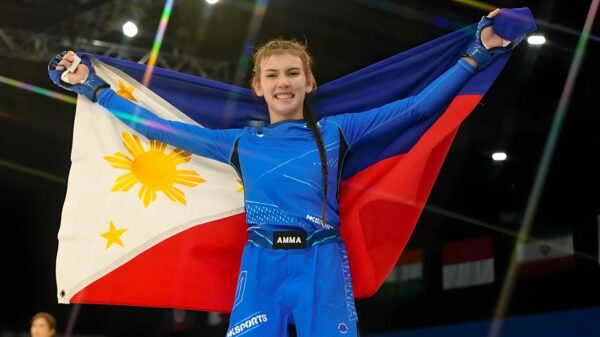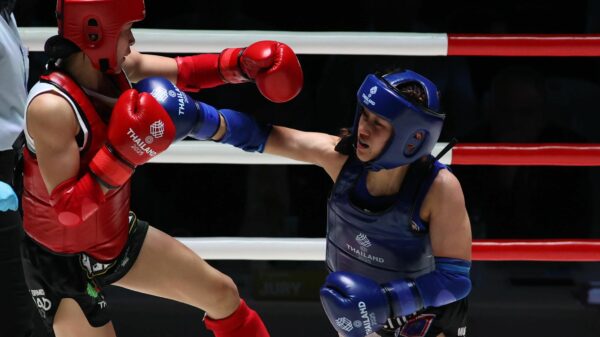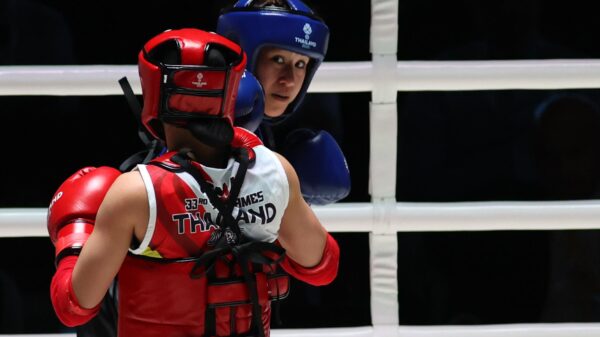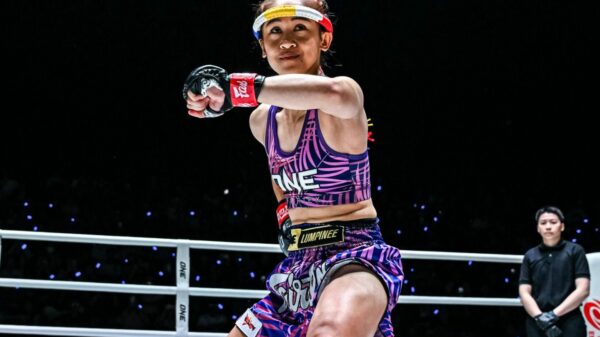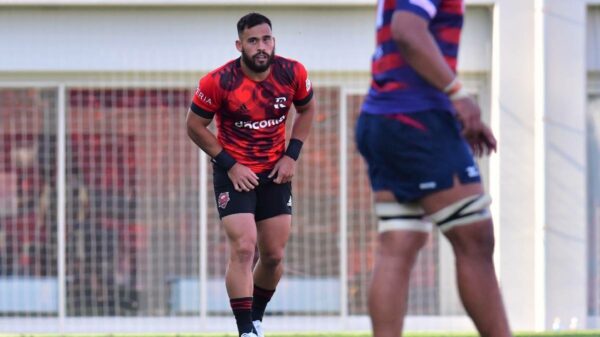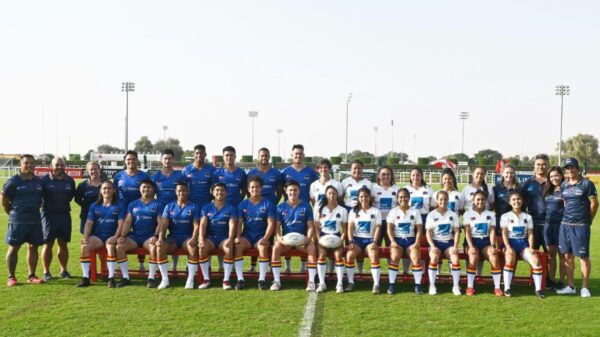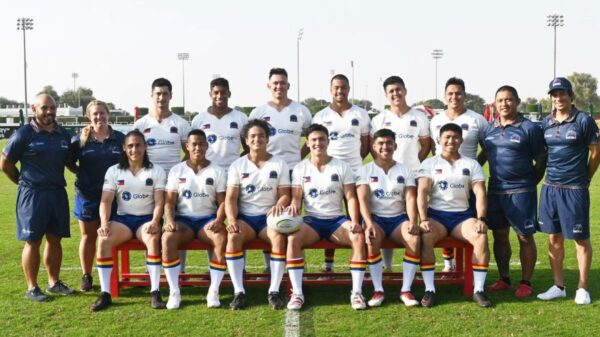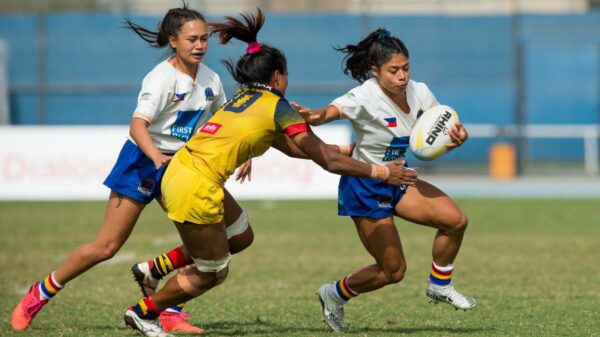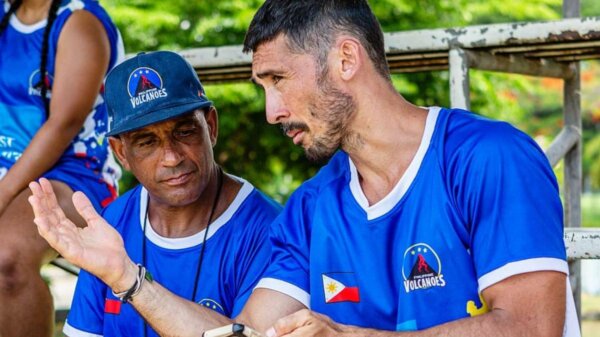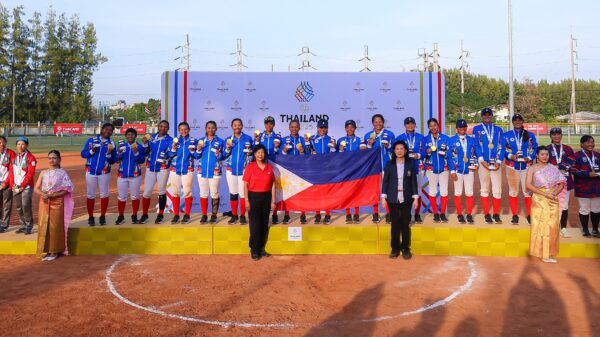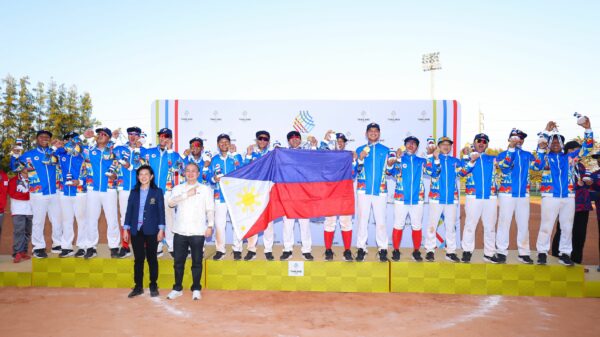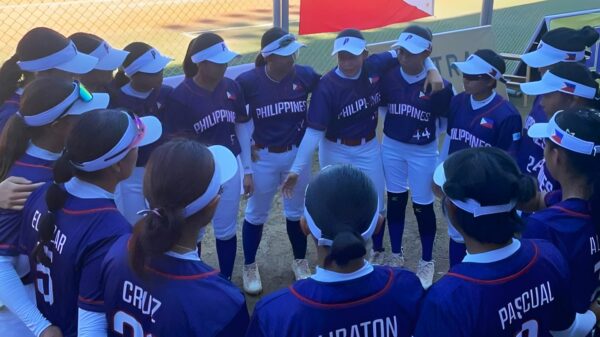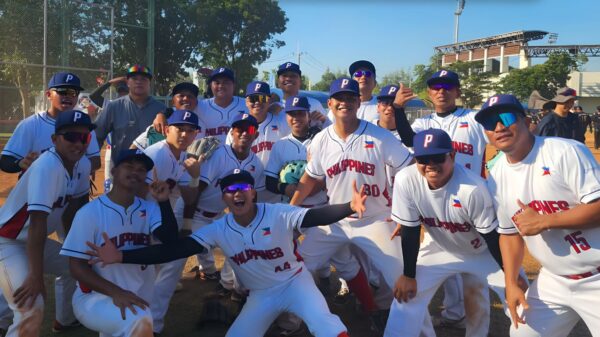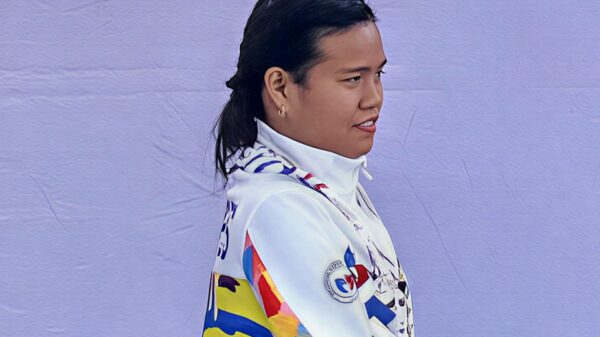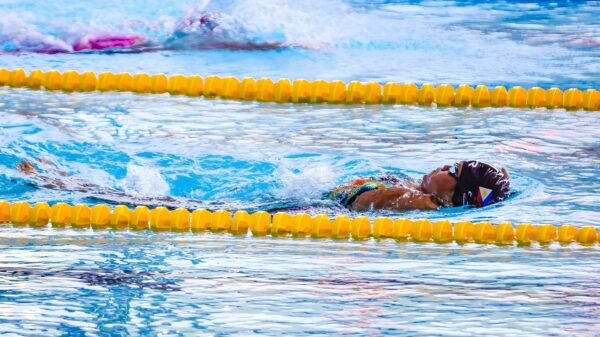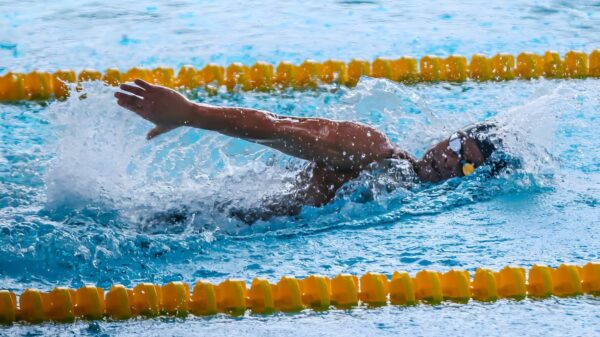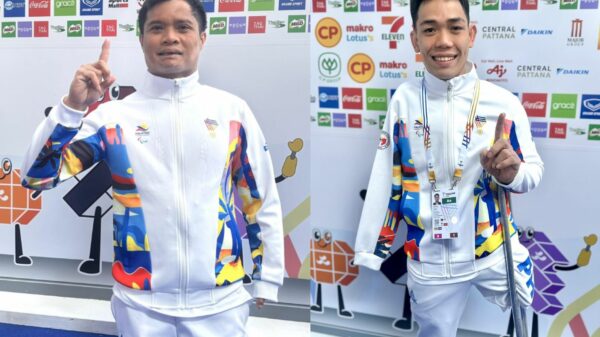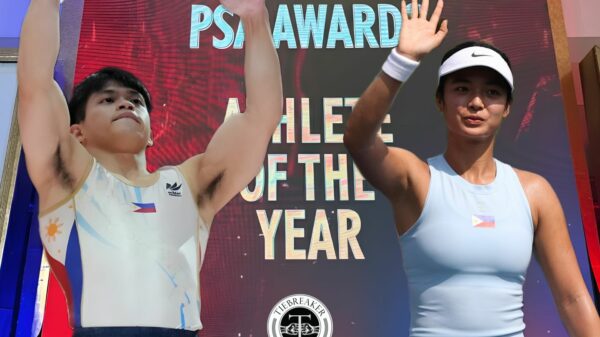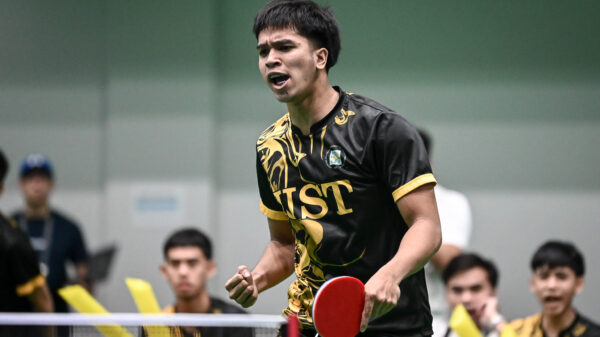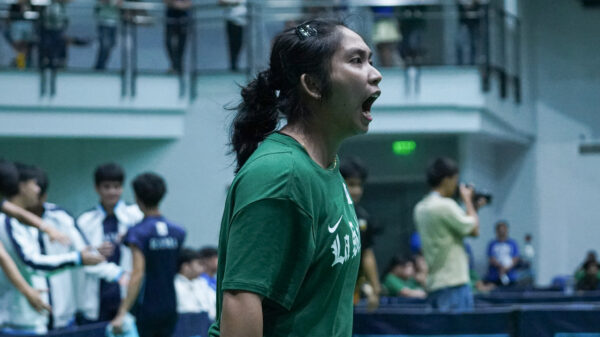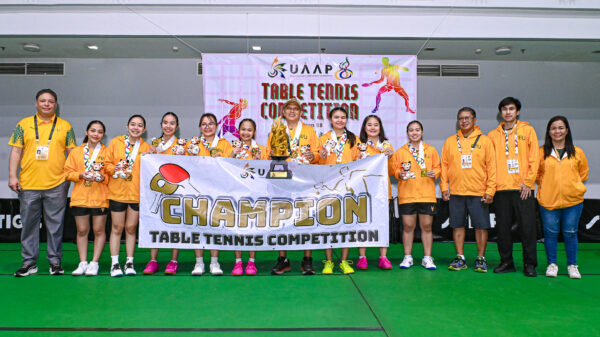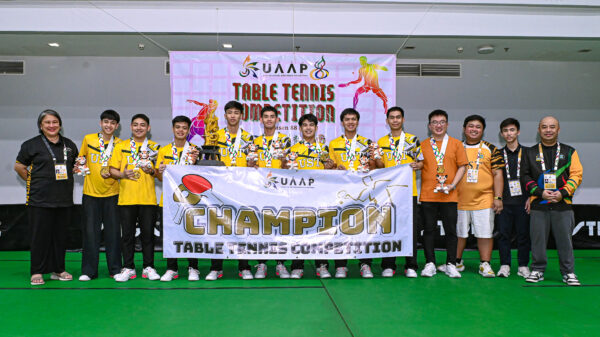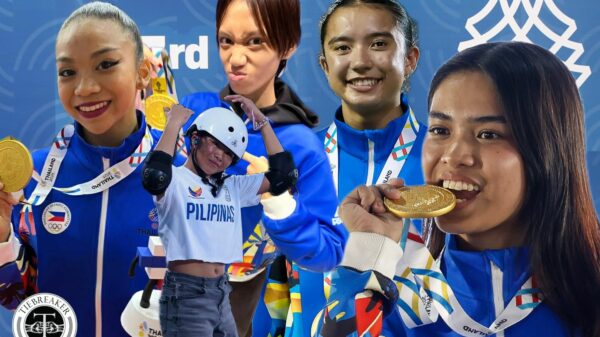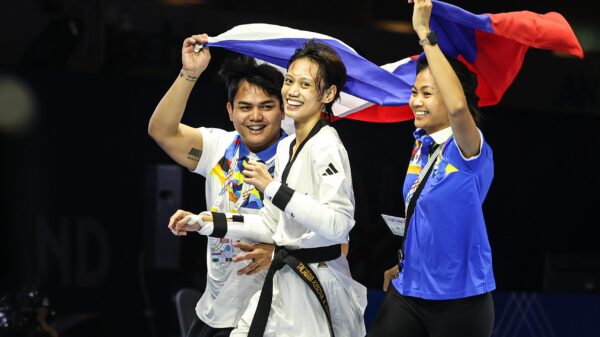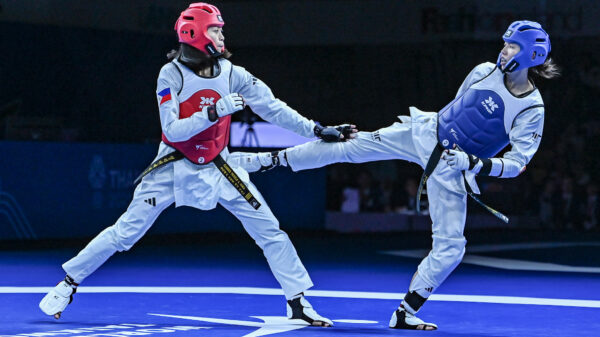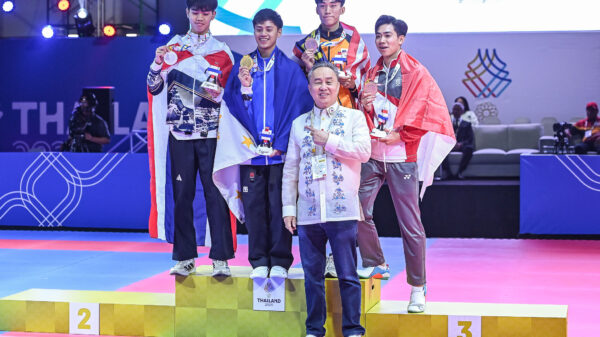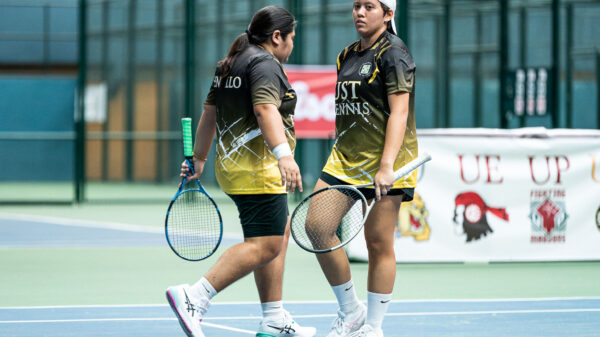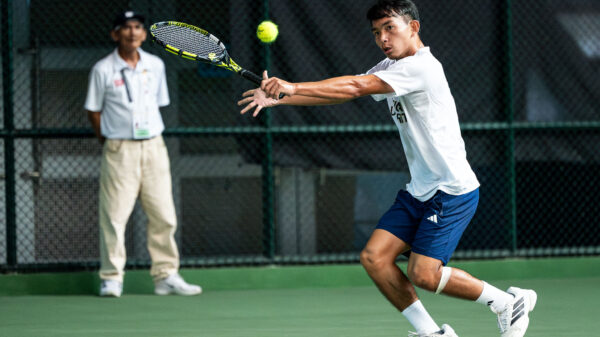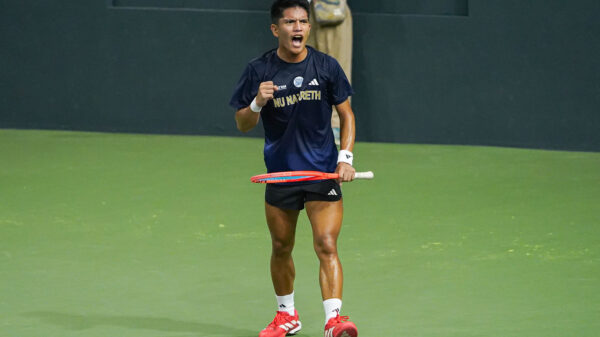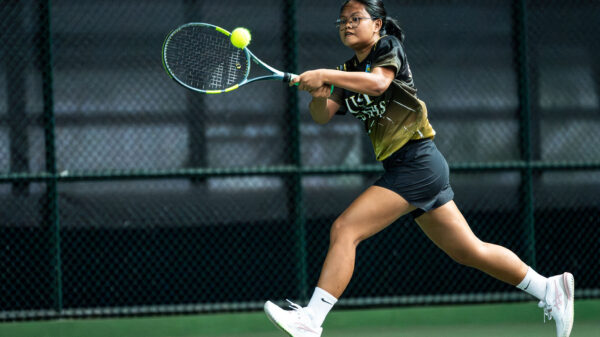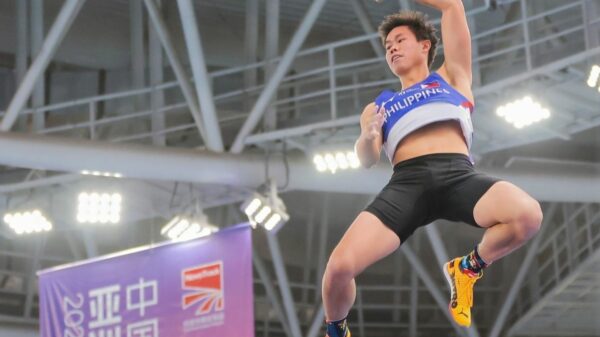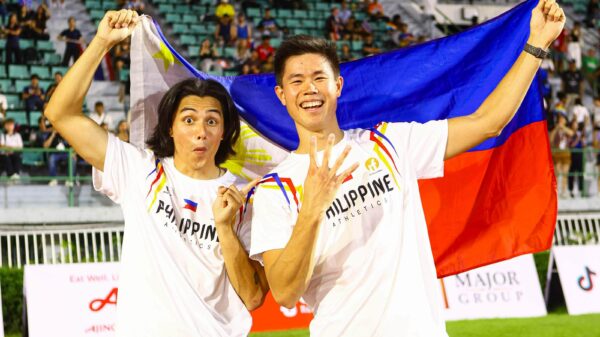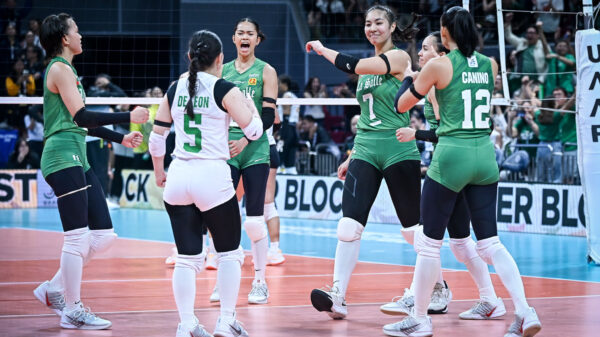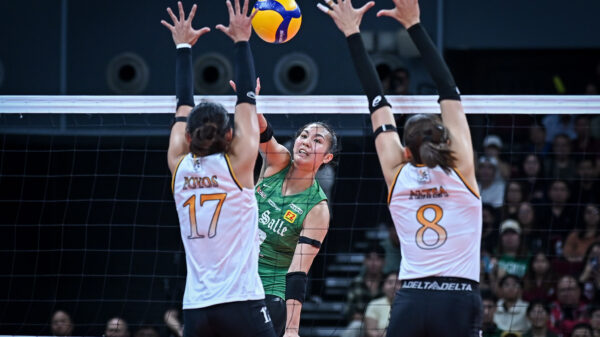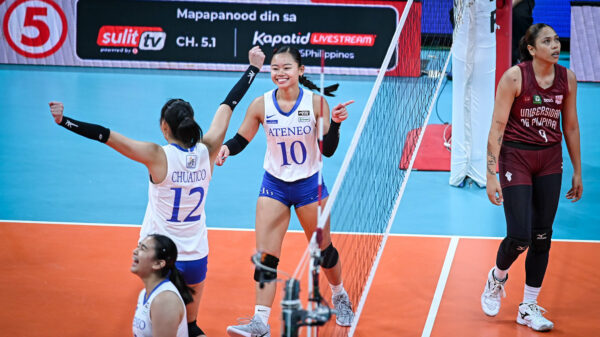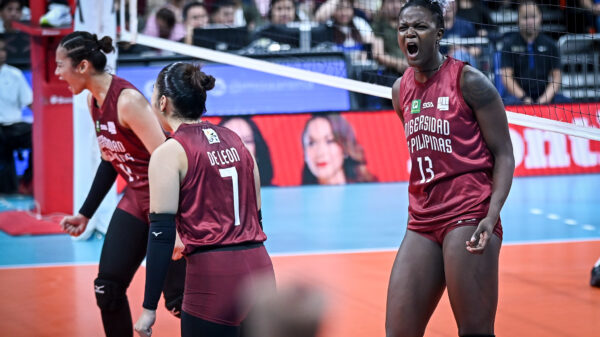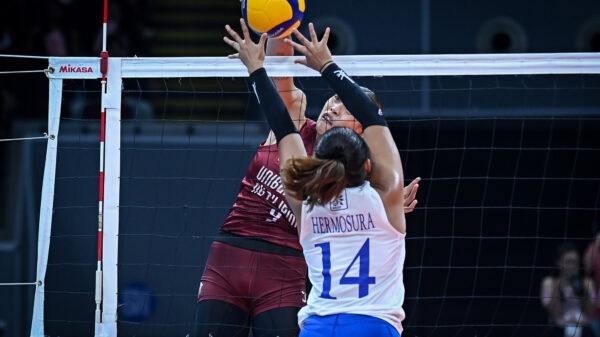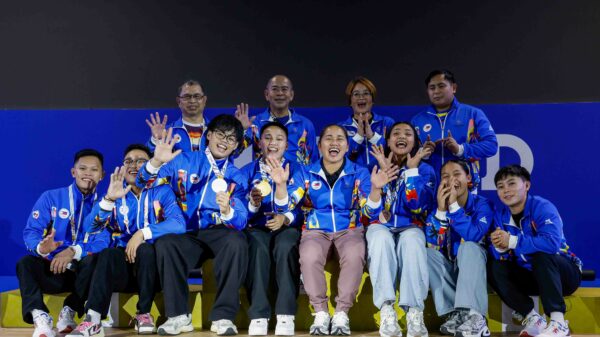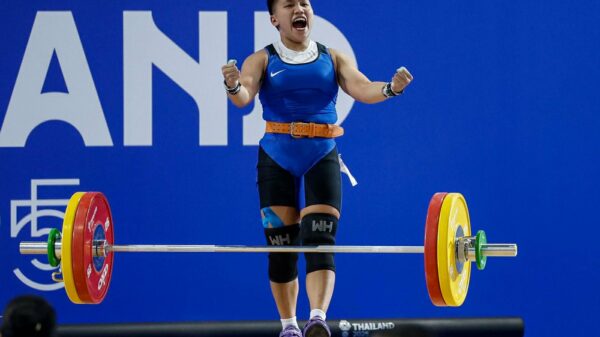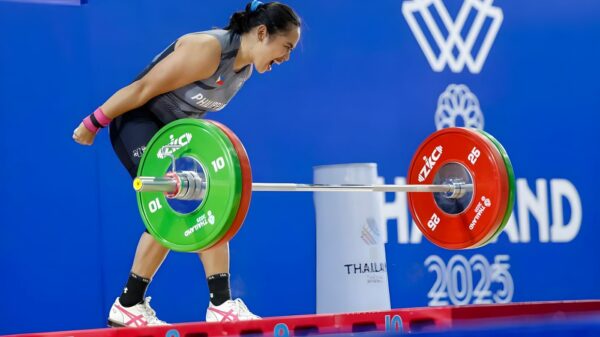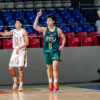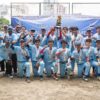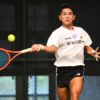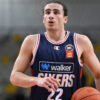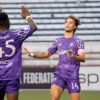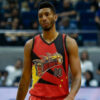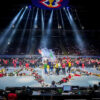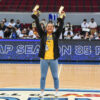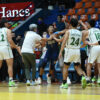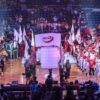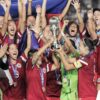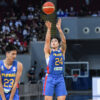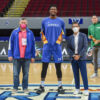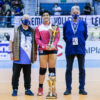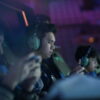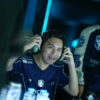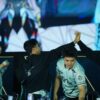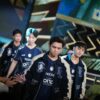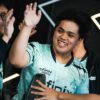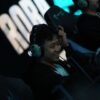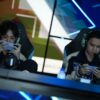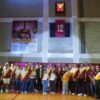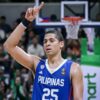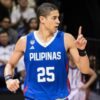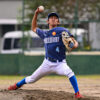“We improved a notch from our previous ranking but placing sixth should not make us happy. We should aim higher. As a sports-loving nation, we should build on our showing in the SEA Games.”
– Senate committee on games, amusement and sports chairman Sonny Angara
Ten years ago, the Philippines was crowned as the overall champions of that year’s Southeast Asian Games. However, a decade later, the nationals placed sixth in the 2015 SEA Games held in Singapore with a disappointing 131-medal haul. It should be something that the government must look into according to a press release by Senator Sonny Angara.
Looking back to the last six SEA Games events, the country, once a major powerhouse in the region, has been left behind by our neighbors like Thailand, Singapore, Indonesia, and the others:
| YEAR | HOST | PG* | GOLD | SILVER | BRONZE | TOTAL | RANK |
| 2005 | Philippines | 445 | 113 | 84 | 94 | 291 | 1st |
| 2007 | Thailand | 477 | 41 | 91 | 96 | 228 | 6th |
| 2009 | Laos | 372 | 38 | 35 | 51 | 124 | 5th |
| 2011 | Indonesia | 554 | 36 | 56 | 77 | 169 | 6th |
| 2013 | Myanmar | 461 | 29 | 34 | 38 | 101 | 7th |
| 2015 | Singapore | 403 | 29 | 36 | 66 | 131 | 6th |
*Possible Gold
The senator lauded the Philippine delegation’s top performers, record-setters and consistent medal winners who managed to bag 29** gold, 36 silver and 66 bronze medals. He, however, lamented the country’s low points in the competition especially swimming where the Philippines failed to win a single gold and where the poor showing of Filipino divers became viral on social media. “It’s devastating that even the head of the Philippine Aquatic Sports Association admitted that he was not surprised by the poor performance of our divers. We recognize that sports development in the country has been neglected for the past years given the national shortage of public sports centers. If you count the public swimming pools, there are less than 100 nationally, or a ratio of one for every one million,” he said.
With this, Angara, a champion for sports development in the country, has authored five bills establishing sports academies and training centers in Misamis Occidental, Davao del Norte, Siargao Island, Cavite and Cebu, which the Senate subsequently approved last week. “I believe establishing sports academies like these will jumpstart grassroots sports development all over the country. With these facilities, many young athletes could adequately prepare for a genuine career in sports, and hone their skills for local and international competitions,” he said.

Chairman of the Senate committee on games, amusement and sports, Sonny Angara (amazingnews.ph)
Moreover, the senator is also proposing to establish a unified Philippine Amateur Sports Training Center that would shelter the 800 athletes and 300 coaches that represent the three stars and the sun. “Other countries have built their own national stadiums because they serve a civic purpose and as a matter of national pride. Singapore, a tiny nation, overtook us because it makes sports facilities a basic part of every housing or community development – the equivalent of our barangays having sports facilities,” he said.
In a research done by Angara’s staff, our budget for sports pales in comparison to the countries that ranked higher than us during the past SEA Games:
| Country | Philippines | Thailand | Singapore | Malaysia | Indonesia |
| Budget | PHP 750M | PHP 13B | PHP 6.5B | PHP 4B | PHP 4B |
“We are hoping that sports development will be included in PNoy’s last state of the nation address. Any move to boost sports spending should not just be aimed at winning international competitions but in promoting wellness among our people,” he said.
Angara stressed that the promotion of exercise and an active lifestyle should be part of the country’s health program.
“We’ve heard of funds to combat smoking or allocations to cure many diseases. But sports as preventive medicine, hindi pa natin naririnig ‘yan. For the Filipino people, especially the youth, to get involved in sports, whether for health, competition or recreational purpose, government should provide the facilities for them,” he closed.
** The 29 golds the Nationals pocketed came from Athletics with five (Eric Cray – 100m & 400m hurdles, Christopher Ulboc Jr. – 3000m steeplechase, Caleb Stuart – hammer throw, Kayla Richardson – 100m), Boxing with five (Ian Clark Bautista – men’s flyweight, Mario Fernandez – men’s bantamweight, Junel Cantancio – men’s lightweight, Eumir Felix Marcial – men’s welterweight, Josie Gabuco – women’s light flyweight), Taekwondo with three (Dustin Jacob Mella, Rodolfo Reyes Jr., Raphael Enrico Mella – men’s poomsae team, Samuel Thomas Morrison – men’s 68kg, Pauline Louise Lopez – women’s 57kg), Billiards and Snooker with three (Dennis Orcollo – men’s 9-ball singles, Chezka Centeno – women’s 9-ball singles, Carlo Biado, Warren Kiamco – men’s 9-ball doubles), Softball with two (RP Blu Boys – men’s, RP Blu Girls – women’s), Triathlon with two (Nikko Bryan Huelgas – men’s, Maria Claire Adorna – women’s), Wushu (Daniel Parantac – taijijan), Tennis (Denise Dy, Treat Huey – mixed doubles), Sailing (Ridgely Balladares, Rommel Chavez, Richly Arquino Magsanay – men’s match racing keelboat), Shooting (Elvie Baldivino – women’s precision pistol), Gymnastics (Reyland Capelland – men’s floor), Judo (Kiyomi Watanabe – women’s 63kg), Rugby Sevens (Philippine Volcanoes – men’s), Basketball (Gilas Cadets – men’s), and Cycling (Maria Vania Salamat – women’s time trial).

